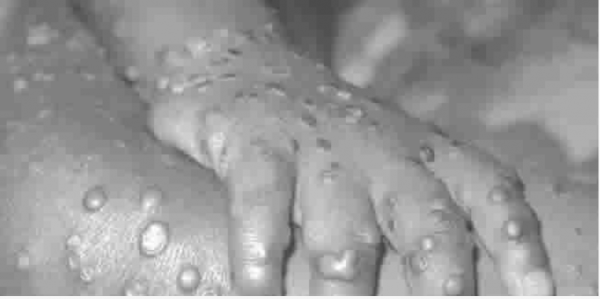The Nigeria Centre for Disease Control has reassured it has capacity to effectively diagnose and respond to monkeypox after Britain confirmed two cases of the disease in two patients one of whom had travelled to Nigeria.
Monkeypox caused public scare in September 2017 when the outbreak started.
A total 262 cases suspected to be monkeypox have been reported from 26 states as at August end.
Only 113 of the cases reported were confirmed to be monkeypox across 16 states, mostly from states in the south-south.
Seven people have died from the disease so far.
NCDC chief executive, Chikwe Ihekweazu, says the centre is working with Public Health England, the UK’s public health agency, to investigate the two reported cases. It is also working with other partners, with monthly meetings to ensure coordination.
“In addition, NCDC met with stakeholders recently, including surveillance officers and case management physicians from all affected states to review the actions taken so far and strategise on how to strengthen the country’s response,” said Ihekweazu.
“The National Reference Laboratory in Abuja has the capacity to test for cases of monkeypox with a quick turn-around time.
“We therefore encourage any healthcare worker that suspects a case of Monkeypox, to reach out to their State Epidemiology team for appropriate action.
The monkeypox virus spreads primarily from animals to humans and has symptoms such as fever, headache, body pain, malaise, swollen glands, sore throat and rash.
It is transmitted through direct contact with infected animals or humans or contaminated materials.
“The virus does not spread easily between people and the risk of transmission to the wider public is very low,” said Ihekweazu.
Monkeypox is generally self-limiting, which means patients tend to recover in a couple of weeks.
However, patients need supportive care and management to get well.
Control measures include isolation of suspected or confirmed cases, strict adherence to universal precautions, especially frequent handwashing with soap and water and the use of personal protective equipment, Ihekweazu said.

 Join Daily Trust WhatsApp Community For Quick Access To News and Happenings Around You.
Join Daily Trust WhatsApp Community For Quick Access To News and Happenings Around You.


